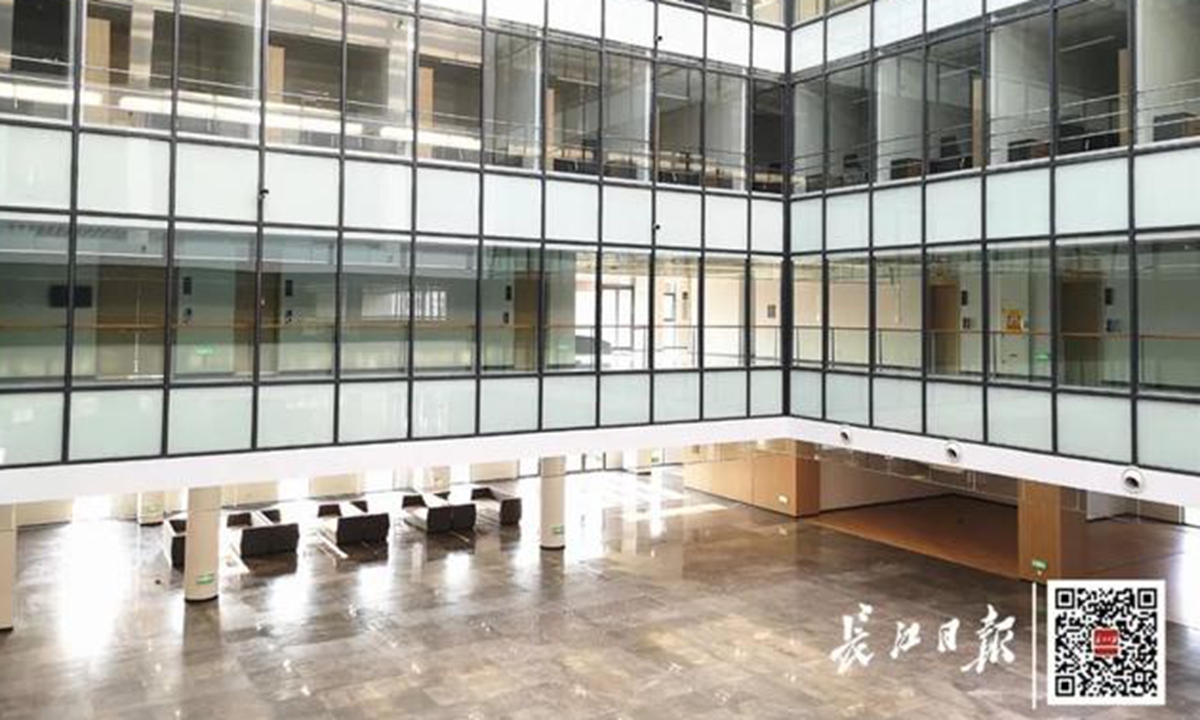Chinese universities share resources to boost R&D capacity of cyber security
Source: Global Times Published: 2020/8/30 20:51:33

Photo: Changjiang Daily
The cyber security schools of two top Chinese universities in Wuhan, Central China's Hubei Province, will share their education resources on the same campus to enhance the R&D capacity of cyber security core technologies and promote the industrialization of scientific research results.
The shared campus of the two schools of cyber science and engineering of Wuhan University and Huazhong University of Science and Technology, both leaders in the training of cyber security personnel, will be set up at the Wuhan Airport Economic Development Zone in Dongxihu district, occupying an area of 289,000 square meters.
Both universities' subject settings, teachers, books, and laboratory equipment will be shared by more than 1,300 students and over 140 members of the two universities' faculties from this September.
The two universities will have their own respective teaching buildings and dormitory buildings, but will share canteens, libraries, stadiums, underground garages, outdoor standard playgrounds, and basketball, badminton and tennis courts.
According to a faculty member of Wuhan University, the school of cyber science and engineering has become one of the most popular departments among applying candidates this year. Meanwhile, the Huazhong University of Science and Technology will treat its school of cyber science and engineering as a "pilot area" for teaching reforms.
The Wuhan Airport Economic Development Zone will support the two universities by offering apartments, clinics, police offices and customized buses to optimize the management of the two universities.
Yang Zefa, director of the management committee of Wuhan Airport Economic Development Zone, told the media that the project is an indispensable part of personnel training for building China's cyber security base. It is a major measure being taken to strengthen China's Internet security and build the nation into a strong cyberpower, and undertake the important mission of cultivating first-class cyber security personnel.
The Sino-US trade war has entered a major phase since the US laid its cards on the table by cracking down on Chinese tech firms. In May, the US Department of Commerce added 33 Chinese firms, colleges and research institutes onto its Entity List, including leading cyber security companies such as Qihoo 360, one of China's biggest cyber security firms.
The firm published in March a document detailing how the US Central Intelligence Agency's hacking group APT-C-39 had attacked a wide range of fields in China including aviation, scientific research institutions, the petroleum industry, internet companies and government agencies.
Posted in: SOCIETY